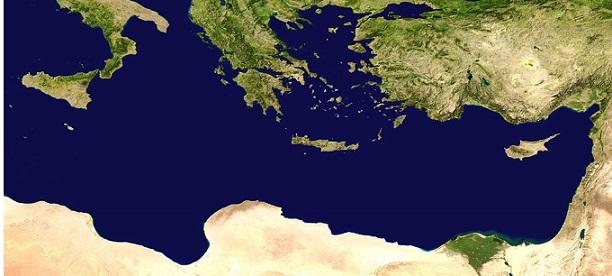In recent years signi-icant natural gas reserves have been discovered in the Eastern Mediterranean basin. Israel marked the beginning of a regional gas rush with the discovery of Tamar in 2009. In 2010, the country announced the much larger Leviathan -ield, followed closely by the Cypriot Aphrodite in 2011. The vast Zohr -ield off the Egyptian coast was announced by Eni in 2015. In a region torn by political fractiousness, historic instability and burgeoning energy demand, the discovery of these reserves has been met with rampant optimism for the regional gas outlook, and for the achievement of political and economic stability. Not so far away, the reserves have been quickly vetted as crucial for the EU’s long‐held energy diversi-ication goals and an important new source of revenue for oil and gas majors.
Can the promise of Eastern Mediterranean gas help the region overcome historic tensions and sensitivities? Will Europe alleviate its energy dependency woes and secure new supplies and new routes to motor its gas‐hungry power system? How easy energy majors will redirect crucial investments to exploit the reserves? And ultimately, how and to whom the Levant gas will be exported? The answer to these questions will be decided by geopolitics, rather than commodity economics, but the facts attest that six years after the pioneer big discovery, the world is still awaiting its -irst cubic meter of gas from the Eastern Mediterranean basin.
At the beginning of last year, the European Centre for Energy and Geopolitical Analysis was commissioned to examine the key issues and latest developments in the region with an emphasis on the opportunities and challenges for regional energy cooperation, and the prospects for exploitation of the gas reserves and their impact on the EU energy security question. The analysis meant to particularly evaluate the investment viability for energy majors to contribute resources to exploration activities and infrastructure development. What follows is a short adaptation of this work that will add to the intellectual inquiry in the -ield.

